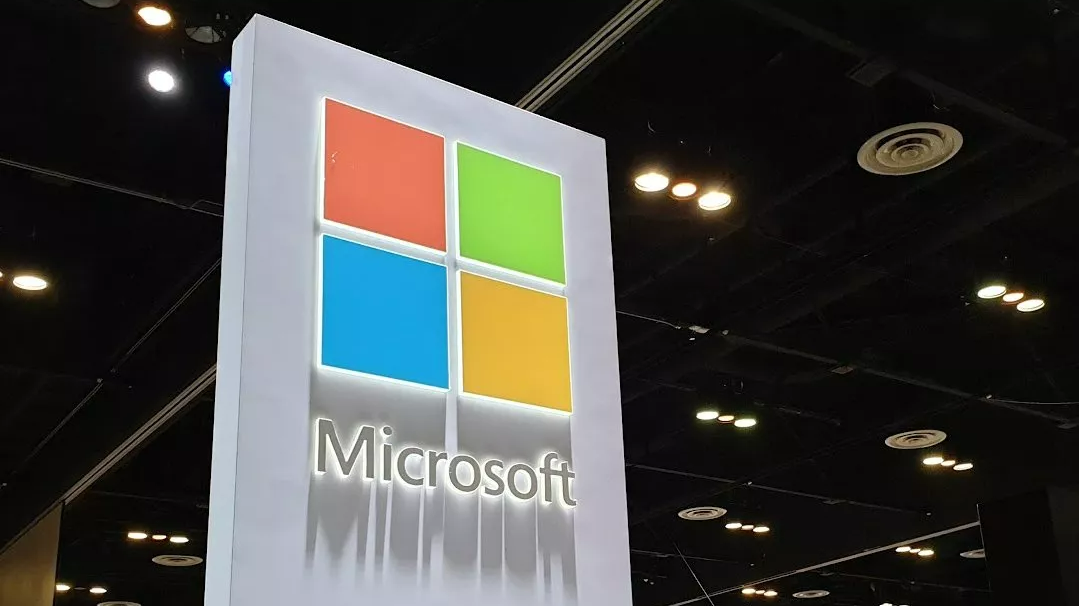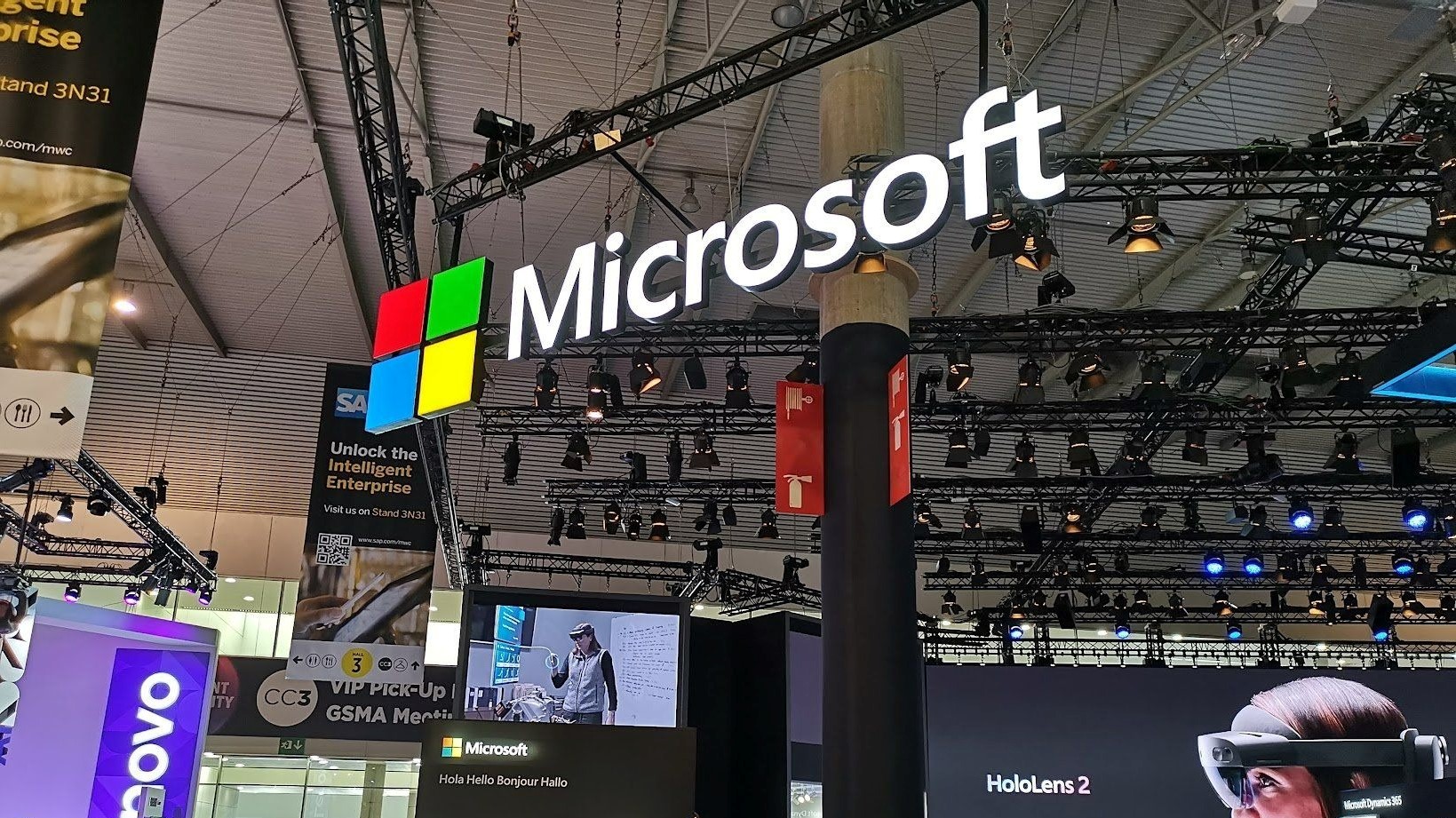Microsoft wants to beef up Windows security to prevent CrowdStrike-like fiascos, but there are critical concerns: "A world where only Microsoft can provide effective endpoint security is not a more secure world"
Microsoft wants to develop a new platform for security vendors, but it's unclear if it will block their access to Windows in kernel mode.

What you need to know
- Microsoft wants to develop a new platform that will satisfy the needs of security vendors after the CrowdStrike fiasco.
- The tech giant hasn't categorically indicated that it will block access to Windows in kernel mode, but endpoint security systems might have limited access at the very least.
- Security vendors have raised concerns and called for regulatory intervention and scrutiny of Microsoft's advances in this matter.
A few months ago, a buggy CrowdStrike software update left over 8.5 million Windows devices with Blue Screen of Death (BSOD) errors for hours. And while the issue has since been resolved, Microsoft and CrowdStrike have been placed between a rock and a hard place with affected parties threatening to seek legal action for damages, including Delta Air Lines which lost half a billion dollars in five days.
Microsoft categorically indicated that it's not at fault for the outage and has implemented new measures to prevent the issue, including restricting security software like CrowdStrike's Falcon from accessing Windows 11 at a kernel level. Still, the tech giant continues to face harsh criticism, with Delta Air Lines CEO Ed Bastian referring to it as "the most fragile platform" and potentially hinting that the company could be taking its business elsewhere. "When was the last time you heard of a big outage at Apple?" Bastian concluded.
And now, Microsoft is making even more critical changes designed to help security vendors like CrowdStrike run operations away from the Windows kernel (via The Verge). The tech giant highlighted these plans at its just-concluded security summit at its headquarters in Redmond, Washington.
Microsoft wants to develop a "controlled" platform for security vendors
The tech giant has seemingly discussed requirements and bottlenecks in developing a new platform that could satisfy the needs of security vendors. This might be part of Microsoft's broader plans and focus on security across its products and services. As highlighted by Microsoft CEO Satya Nadella:
"Security underpins every layer of the tech stack, and it's our No. 1 priority. We are doubling down on this very important work, putting security above all else, before all other features and investments."
“As a next step, Microsoft will continue to design and develop this new platform capability with input and collaboration from ecosystem partners to achieve the goal of enhanced reliability without sacrificing security,” indicated David Weston, Microsoft's VP of Enterprise and OS security.
Microsoft hasn't categorically indicated that it's completely blocking security vendors from accessing Windows at the kernel level. The development of the security platform is a key indicator that the company, at the very least, will limit access.
All the latest news, reviews, and guides for Windows and Xbox diehards.
Security vendors are seemingly open to Microsoft's new approach, including CrowdStrike's VP of Privacy and Cyber Policy, Drew Bagley who indicated, “We appreciated the opportunity to join these important discussions with Microsoft and industry peers on how best to collaborate in building a more resilient and open Windows endpoint security ecosystem that strengthens security for our mutual customers."
Called it. Regulators need to be paying attention. A world where only Microsoft can provide effective endpoint security is not a more secure world. pic.twitter.com/PR2AnJwpZiAugust 23, 2024
However, some vendors have expressed concern and called for scrutiny of Microsoft's actions. According to Cloudflare CEO Matthew Prince, "A world where only Microsoft can provide effective endpoint security is not a more secure world."
🎒The best Back to School deals📝
- 🕹️Xbox Game Pass Ultimate (3-months) | $29.79 at CDKeys (Save $20!)
- 💻HP Envy 16 2-in-1 (Ryzen 5) | $499.99 at Best Buy (Save $350!)
- 🕹️Starfield Premium Upgrade (Xbox & PC) | $27.69 at CDKeys (Save $7!)
- 💻ASUS Vivobook S 15 (X Elite) | $945 at Amazon (Save $355!)
- 🕹️God of War: Ragnarök (PC, Steam) | $51.69 at CDKeys (Save $14!)
- 💻Lenovo ThinkPad X1 Carbon | $1,481.48 at Lenovo (Save $1,368!)
- 🎮 Seagate Xbox Series X|S Card (2TB) | $249.99 at Best Buy (Save $110!)
- 🕹️Hi-Fi RUSH (PC, Steam) | $8.89 at CDKeys (Save $21!)
- 💻HP Victus 15.6 (RTX 4050) | $599 at Walmart (Save $380!)
- 🖱️Razer Basilisk V3 Wired Mouse | $44.99 at Best Buy (Save $25!)
- 🖥️Lenovo ThinkStation P3 (Core i5 vPro) | $879.00 at Lenovo (Save $880!)

Kevin Okemwa is a seasoned tech journalist based in Nairobi, Kenya with lots of experience covering the latest trends and developments in the industry at Windows Central. With a passion for innovation and a keen eye for detail, he has written for leading publications such as OnMSFT, MakeUseOf, and Windows Report, providing insightful analysis and breaking news on everything revolving around the Microsoft ecosystem. While AFK and not busy following the ever-emerging trends in tech, you can find him exploring the world or listening to music.

